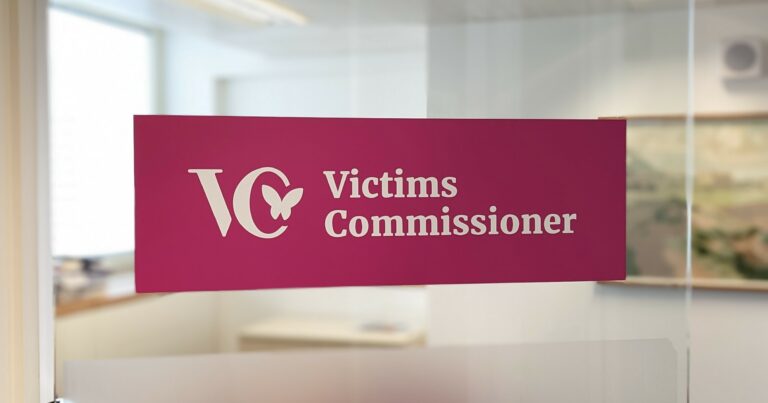£53m for domestic abuse perpetrators welcomed – but calls grow for action on victim services

“While prevention is important, it is only one part of the puzzle,” says Baroness Newlove, as she reiterates calls for the forthcoming government strategy to prioritise specialist victim services, including those for victims of sexual violence.
A project to tackle the root causes of domestic abuse by working directly with perpetrators is set to be expanded nationwide, following a major new funding commitment from the Home Office.
The Home Secretary has announced a £53 million investment over the next four years to expand the Drive Project – a scheme that works intensively with high-risk domestic abuse perpetrators in an effort to change behaviour and prevent reoffending.
The funding will enable Drive to launch in up to 15 new areas by March 2026, with plans to roll it out further across England and Wales. It will be delivered in partnership with police and crime commissioners (PCCs), police forces, domestic abuse services and the Drive Partnership – a consortium of Respect, SafeLives and Social Finance.
The announcement has been welcomed by the Victims’ Commissioner for England and Wales, Baroness Newlove, who described the investment as a “significant and long-term” commitment to prevention. But she warned that this must not come at the expense of support for victims – particularly services supporting survivors of sexual violence and other forms of violence against women and girls (VAWG).
“This announcement reflects a welcome and significant long-term investment in prevention and perpetrator programmes. It also highlights the Government’s continued prioritisation of domestic abuse in its forthcoming VAWG Strategy,” she said.
“While prevention is important, it is only one part of the puzzle – just as domestic abuse is only one of the many forms of violence women and girls face.
“We know the criminal justice system needs to improve if victims are to feel safe and supported when they come forward. Specialist support services are vital to this effort – without them, far fewer perpetrators would be held to account.
“I hope today’s announcement signals a broader and welcome shift towards long-term, sustainable government funding – not only for prevention, but also for the vital services that victims of all forms of violence, including sexual violence, depend on.”
Her comments come against a backdrop of growing concern from sector leaders over the sustainability of frontline victim services.
The 2025–26 Ministry of Justice funding settlement for domestic abuse and sexual violence victims’ services, announced in late 2024, froze funding at 2024–25 levels – amounting to a real-terms cut due to rising costs and inflation. At the same time, the Ministry imposed a 4.2% reduction in core funding for PCCs, who commission many local victim services.
These combined pressures have forced reductions in frontline support at a time when demand is at record highs.
In the last 12 months alone, three Rape Crisis centres have been forced to close due to lack of funding. More than 14,000 survivors of sexual violence remain on waiting lists for specialist support – with many services reporting they are simply unable to meet demand.
The Ministry of Justice’s Rape and Sexual Abuse Support Fund – the only ring-fenced government funding stream for these services – has also not been increased in line with inflation and is not guaranteed beyond March 2026.
With the Spending Review now complete, attention turns to the Ministry of Justice as it prepares to outline its funding priorities. But there are serious concerns that victim services will again be left underfunded. These fears have been reinforced by a Treasury document stating: “MoJ will also continue to investigate efficiency opportunities in key policy areas such as legal aid and victims, to ensure that it is delivering value for money for the taxpayer.”
In December 2024, a coalition of women’s and victims’ charities wrote to the Prime Minister warning that the impact of frozen budgets, rising costs and increased National Insurance contributions would leave services with “no choice” but to reduce staff, close waiting lists and scale back support for survivors of gender-based violence.
In June 2025, the Victims’ Commissioner and the Domestic Abuse Commissioner issued a joint warning to the Prime Minister that he is at risk of missing his flagship target to halve violence against women and girls – unless urgent investment is made in victim support.
Rape Crisis England & Wales has also raised repeated concerns that the Government’s current strategy to “halve VAWG in a decade” is too narrowly focused on domestic abuse. They stress that long-term, dedicated investment is urgently needed in specialist services that reflect the specific needs of sexual violence survivors, a view the Victims’ Commissioner shares.
As the Government prepares to publish its new Violence Against Women and Girls Strategy, campaigners and commissioners alike are calling for a comprehensive approach – one that combines long-term prevention with properly funded, specialist services for survivors.
